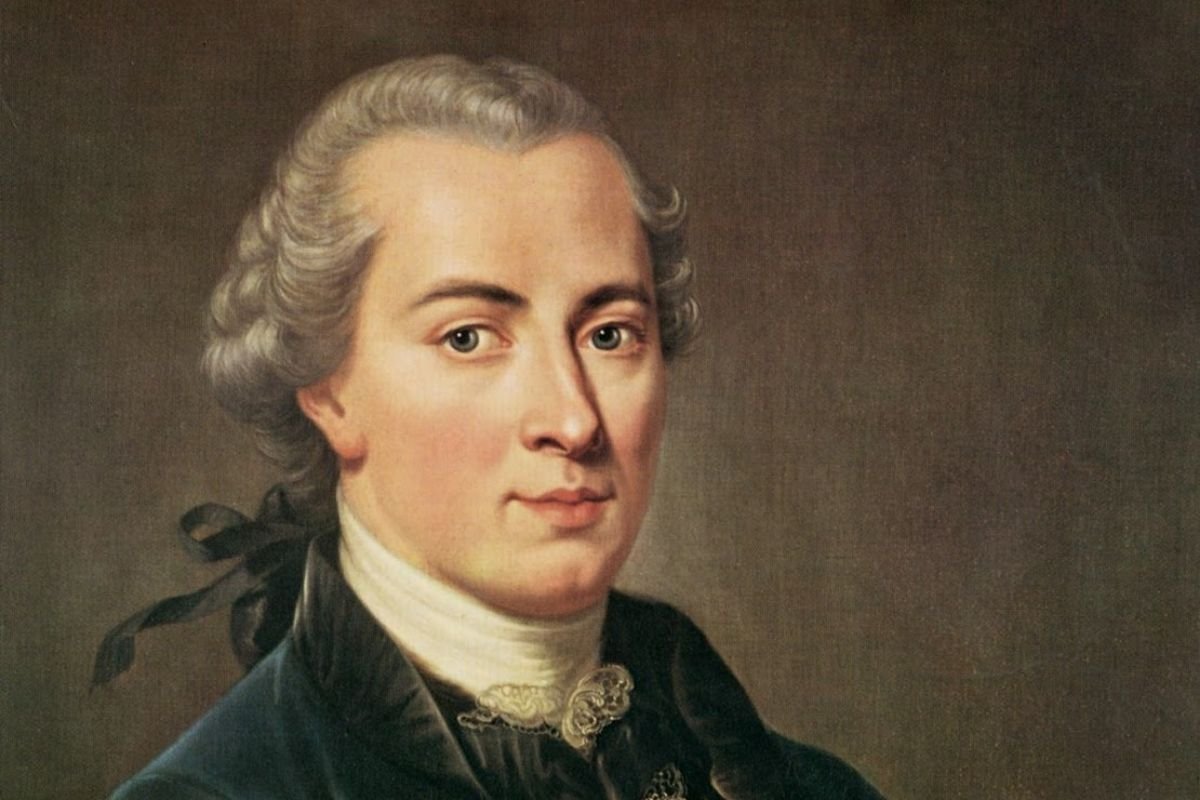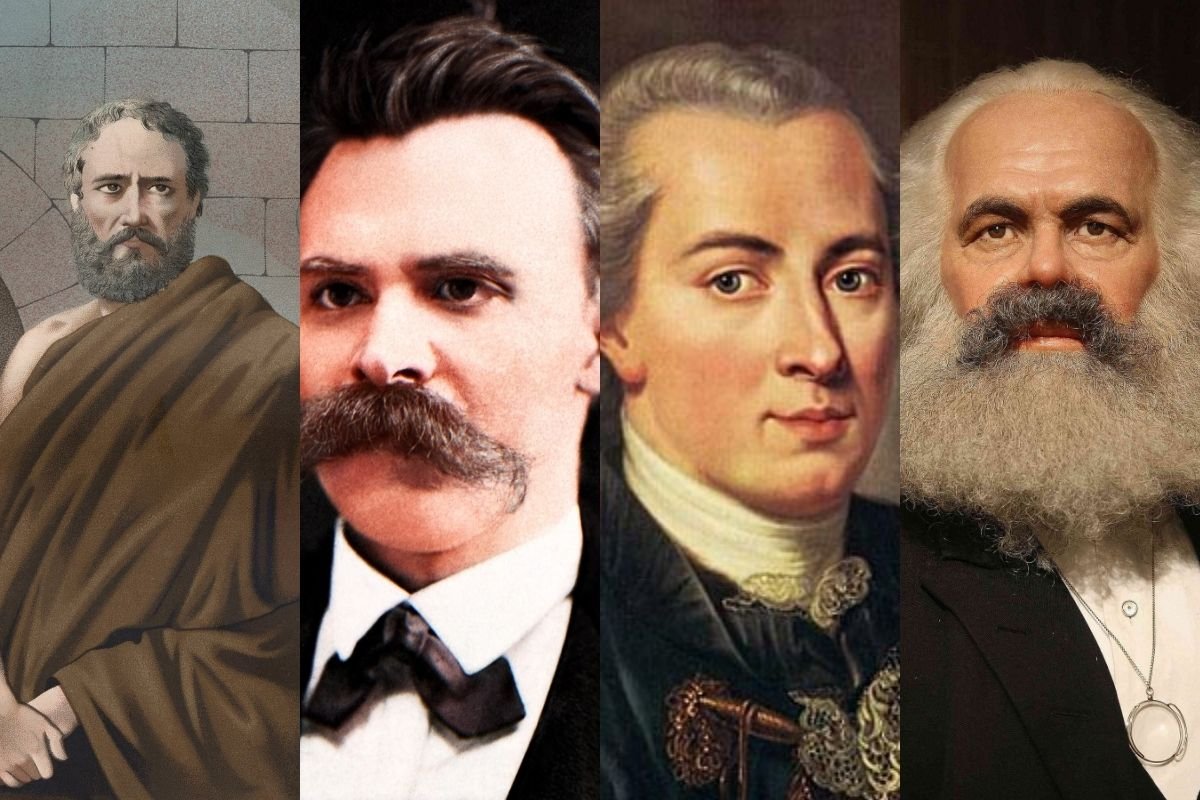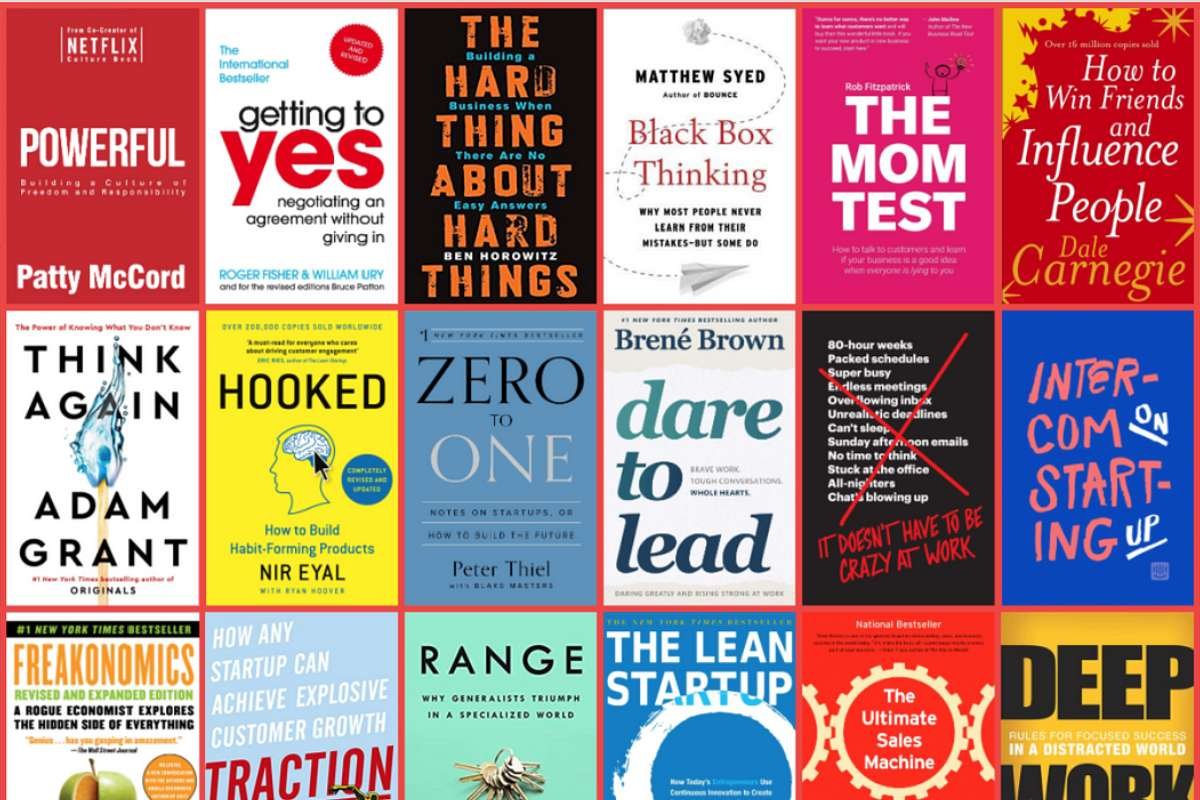Philosophy is more than abstract thought—it’s the foundation of how we understand existence, ethics, politics, science, and even ourselves. Across centuries, some brilliant thinkers have risen above others to shape civilizations, challenge dogmas, and inspire revolutions. These are not just thinkers; they are cultural architects whose legacies still resonate in modern academia, governance, and daily life.
In this blog, we spotlight the greatest philosophers of all time, exploring their ideas, enduring contributions, and how they continue to influence human thought. Drawing from credible sources like University of the People, Biography.com, and The 100 Most Influential Philosophers of All Time, this article offers an enriched view of philosophy’s most iconic minds.
Why Do Philosophers Matter?
The greatest philosophers of all time did not just ask questions—they asked the right questions. From the concept of justice to the structure of reality and morality, their ideas laid the groundwork for everything from democracy and science to human rights and metaphysics.
Philosophy isn’t an obsolete relic of ancient Greece; it’s embedded in law, artificial intelligence, psychology, and even economics. And the thinkers who pioneered these explorations deserve enduring recognition.
Here Are the Top 10 Greatest Philosophers of All Time:

1. Socrates (c. 470 – 399 BCE)
- Legacy: Father of Western Philosophy
- Famous for: The Socratic Method, Ethical Inquiry
No list of the greatest philosophers of all time is complete without Socrates. As the founder of Western moral philosophy, Socrates introduced critical questioning as a way to reach truth. Though he left no writings, his dialogues—captured by his student Plato—remain central to philosophy. His pursuit of ethical living and relentless questioning of authority led to his execution, but his legacy is immortal.
2. Plato (c. 427 – 347 BCE)
- Legacy: Theory of Forms, Idealism
- Famous for: “The Republic”
Plato, Socrates’ student, built one of the most influential philosophical frameworks in history. His “Allegory of the Cave” still sparks debates on perception and reality. In The Republic, Plato envisioned a just society ruled by philosopher-kings—a vision that continues to echo in political theory.
3. Aristotle (384 – 322 BCE)
- Legacy: Logic, Biology, Political Theory
- Famous for: “Nicomachean Ethics,” “Politics”
A student of Plato, Aristotle revolutionized knowledge itself. From formal logic to ethics and natural science, Aristotle was a polymath whose works shaped centuries of Western and Islamic scholarship. His principle of the “Golden Mean” in ethics—moderation in all things—remains a moral compass even today.
4. Confucius (551 – 479 BCE)
- Legacy: Moral Philosophy, Social Harmony
- Famous for: The Analects
A cornerstone of Eastern thought, Confucius believed that societal order begins with personal virtue. His emphasis on filial piety, respect, and duty defines Chinese, Korean, and Japanese cultures to this day. Without question, he belongs among the greatest philosophers of all time.
5. René Descartes (1596 – 1650)
- Legacy: Modern Rationalism
- Famous for: “I think, therefore I am”
Descartes is credited with bridging the gap between classical and modern philosophy. His emphasis on doubt, logic, and reason as tools for understanding truth was groundbreaking. His dualism of mind and body influenced not only metaphysics but also neuroscience and psychology.
6. Immanuel Kant (1724 – 1804)

- Legacy: Deontological Ethics
- Famous for: “Critique of Pure Reason”
Kant’s moral philosophy emphasized duty over consequence, introducing the “categorical imperative”—a universal moral law. He challenged empiricism and rationalism alike, arguing that knowledge arises from a synthesis of sensory experience and innate reason. Kant’s ideas forever changed ethics and epistemology.
7. Friedrich Nietzsche (1844 – 1900)
- Legacy: Existentialism, Nihilism
- Famous for: “Thus Spoke Zarathustra”
One of the most provocative and widely misinterpreted thinkers, Nietzsche critiqued religion, morality, and modernity. His concept of the “Übermensch” and the declaration that “God is dead” sparked both admiration and controversy. His psychological depth secures his spot among the greatest philosophers of all time.
8. John Stuart Mill (1806 – 1873)
- Legacy: Utilitarian Ethics, Liberty
- Famous for: “On Liberty,” “Utilitarianism”
Mill championed individual freedom, gender equality, and ethical utility. His brand of liberal thought became foundational for democratic societies. His philosophy continues to guide debates on free speech, justice, and governance, making him a staple in political theory.
9. Karl Marx (1818 – 1883)
- Legacy: Political Philosophy, Social Theory
- Famous for: “The Communist Manifesto”
Whether one agrees with him or not, Karl Marx’s influence is undeniable. His critique of capitalism and theory of historical materialism reshaped political ideologies across continents. He belongs to the greatest philosophers of all time, not for starting revolutions, but for inspiring thought that challenged the status quo.
10. Simone de Beauvoir (1908 – 1986)
- Legacy: Feminist Philosophy, Existentialism
- Famous for: “The Second Sex”
A trailblazer in feminist theory, de Beauvoir analyzed the construction of gender and womanhood, influencing not only philosophy but also sociology, psychology, and literature. Her existentialist writings remain vital to gender studies and human rights.
Beyond the Titans: More Thinkers Who Defined Thought
While the list above highlights key figures, several others rightfully belong among the greatest philosophers of all time:
- David Hume – A skeptic who questioned causality and laid the foundation for empirical thought.
- Thomas Aquinas – Bridged Christian theology with Aristotelian reason.
- Jean-Jacques Rousseau – Influenced modern education and political revolution.
- Baruch Spinoza – Reimagined God as nature, pioneering pantheism.
- Ludwig Wittgenstein transformed the philosophy of language.
- Hannah Arendt – Analyzed totalitarianism and the nature of evil.
All these thinkers, in their unique ways, shaped how we interpret the world and our place in it.
The Philosophers’ Relevance in Modern Times
Why revisit the greatest philosophers of all time today? Because their ideas still inform how we:
- Govern societies (Plato, Locke, Rousseau)
- Make moral decisions (Kant, Mill)
- Understand identity (Nietzsche, de Beauvoir)
- Build economies (Marx)
- Question truth and knowledge (Descartes, Hume)
In a world challenged by artificial intelligence, climate change, social inequality, and identity crises, philosophy offers clarity, perspective, and wisdom.
Philosophical Wisdom in Daily Life
Even outside academia, these minds affect our thinking:
- When we argue ethically about medical decisions, we invoke Kant or Mill.
- When discussing free will or determinism, we lean into Aristotle or Spinoza.
- When reflecting on gender, identity, or autonomy, we often echo de Beauvoir or Arendt.
Their insights permeate law, business ethics, digital governance, and education. That’s why they are rightly honored as the greatest philosophers of all time.
Final Thoughts
The greatest philosophers of all time are not just historical footnotes—they are intellectual giants who shape our present and guide our future. They encourage us to question, to reason, and to act ethically. Their ideas span across centuries, continents, and cultures—uniting humanity in a shared pursuit of wisdom.
As new thinkers emerge and global challenges evolve, we continue to look back at these philosophical pioneers for guidance. Because to understand where we are going, we must learn from those who first asked: Why are we here?
Thanks for reading
see next
“10 Best Books for Communication Skills to Transform Your Personal and Professional Life“










